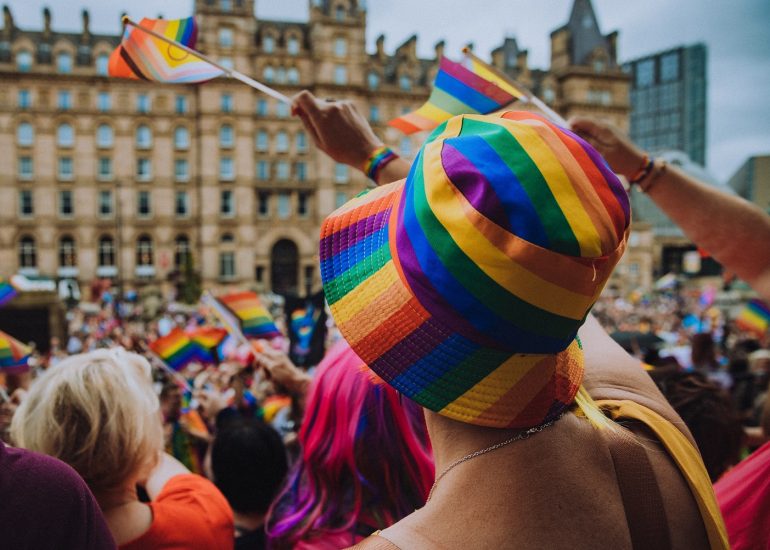Further work is to be carried out to examine in more detail the findings of a Public Health Liverpool study which has revealed many in the LGBT+ community feel let down by their healthcare experiences.
The dedicated Health Needs Assessment was launched to coincide with LGBTQ+ history month, and is part of the Council’s commitment to make sure all communities are supported.
The headline findings have been released ahead of Pride in Liverpool this weekend, and mirrors national evidence which shows that LGBTQ+ people (lesbian, gay, bi, trans, queer, questioning and asexual) face inequalities relating to health and wellbeing throughout their lives – including barriers to accessing healthcare services.
A 2018 Stonewall survey also found that half of LGBTQ+ people had experienced depression in the previous year, and that a quarter of people had witnessed discrimination by healthcare staff.
The Liverpool City Council Plan 2022-2025 sets out the city’s commitment to equality and inclusion. Through this piece of work, and a series of listening sessions recommended to us by the Navajo Merseyside Charter Mark, the Council will be supported in achieving these aims across the board.
Of the 600 people who responded to Liverpool’s survey, high percentages reported difficulty accessing certain services, and when they did, many felt that the practitioner working with them could be more informed about sexual orientation and gender identity.
Almost three-quarters felt worried about being harassed in public spaces, and 40 per cent reported anxiety disorder.
One in five had not heard of PrEP, a medication that can be used to prevent people contracting HIV.
Public Health Liverpool and community partners are now to launch the next stage of the 2023/24 LGBTQ+ Health Needs assessment.
The findings will be used to design focus groups and explore the key issues in more depth, and a stakeholder steering group will plan the next phase of the assessment.
Cabinet Member for Culture and Health, Councillor Harry Doyle, said: “I am proud that we have carried out this work, to ensure that nobody within our LGBTQ+ communities faces any discrimination or stigma when accessing services. It will ensure we place equity and reducing inequalities at the heart of our partnership work on this issue.
“Pride month is a time to celebrate our LGBTQ+ communities, but also a time to raise awareness about the issues that disproportionately impact our LGBTQ+ communities in Liverpool.
“Through this needs assessment, survey and a series of listening sessions designed to help us improve provision, we will achieve our commitment to equality and inclusion laid out in the Council Plan.
“We want to thank the people who took time to give us vital information, and for providing the chance to ensure that our services are fully inclusive of all communities across the city.”
Director of Public Health for Liverpool, Professor Matthew Ashton, said: “Working with our community partners, the Liverpool LGBTQ+ Health Needs Assessment will support the wider health and social care system to work with different LGBTQ+ populations in Liverpool, enabling us to provide for them and gain crucial insight into their experiences of services and the barriers they face in accessing good health care.
“Sahir House, Liverpool PaSH and our other partners will now assist with the next phase of detailed engagement, focus groups and interviews. This will allow us to engage meaningfully with LGBTQ+ communities across Liverpool to understand how we can improve access to high quality health care.”
Andi Herring, CEO of LCR Pride Foundation said: “Surveys like these are so important to ensure that the needs of LGBT+ people are understood across healthcare and services, and that they can do so without fear of discrimination or shame. It is crucial that services, commissioners and the community don’t see this work as complete with the findings of the survey, but instead valuable insight into the improvements that need to be made and the collective role we all have in achieving this,
“As the Liverpool City Region’s LGBT+ charity, we look forward to working with Liverpool City Council and service providers to focus on this report’s findings and using these to highlight the barriers and opportunities that it brings to improve the provision for all.”


